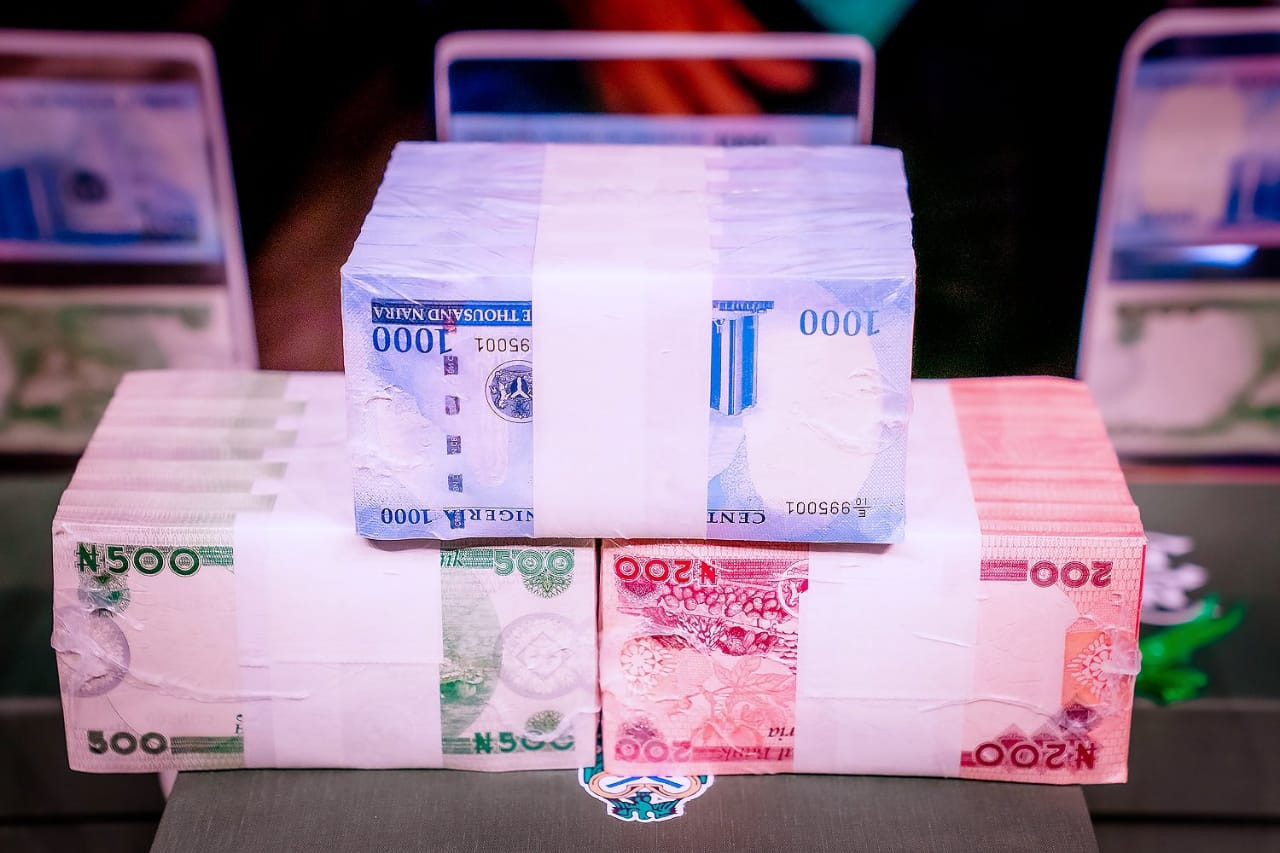Naira Drops At Parallel Market, Closes 900/$ At Official Window
Taiwo Ayandeyi
- Post By Taiwo Ayandeyi
- 1 year ago

The naira fell to a record low of N1,400/$ at the parallel market on Thursday despite recent efforts by the Central Bank of Nigeria to save the national currency.
With continued dollar scarcity plaguing the country, Bureau de Change Operators confirmed to The PUNCH that the naira touched new depths in the foreign exchange market.
A BDC operator at Sheraton Hotel, Abuja, Usman Ibrahim, said, “For today, one dollar is N1,400 but if you don’t buy it today, I cannot assure you of the same price tomorrow. I also buy at N1,390 to a dollar.”
Another operator, Abubakar Taura confirmed that the naira depreciated further to N1,400 to a dollar.
He stated, “As of today, the dollar has gone up. It now sells for N1400/$.”
According to the BDC operators, there is currently uncertainty as regards the price of the naira against the dollar due to high demand.
On the official Investor and Exporter window, the naira depreciated by 2.12 per cent to N900.96/$ from the N882.24/$ it closed on Wednesday. Transactions opened at N929.18/$, rose to a high of N1,399/$, and recorded a low of N789/$. Total FX turnover was $115.19m, a 103.52 per cent increase from the $56.60m that was recorded on Wednesday.
The national currency didn’t do better on the cryptocurrency peer-to-peer market where it rose to a high of N1,400/$ too. As of the time of filing this report, the naira was trading on Binance’s P2P platform for N1,395.8/$.
According to Chainalysis, a blockchain firm, Nigeria has one of the largest peer-to-peer exchange volumes in the world.
The naira’s fall has persisted despite the best efforts of the CBN to save it, piling more pressure on the economy and the average Nigerian. Recently, the apex bank announced it has paid $2bn as part of FX backlogs, also the Federal Government through the Nigerian National Petroleum Company Limited got a $2.25bn oil-for-cash loan facility from the African Export-Import Bank to boost FX liquidity.
All these are yet to be reflected in the market. Commenting on the exchange rate recently, the CBN’s governor, Olayemi Cardoso, stated that there was an expectation that the foreign exchange market would stabilise in 2024.
He hinged this expectation on the reduction in petroleum product imports and the recent implementation of a market-determined exchange rate policy by the apex bank.
He also said the naira was currently undervalued.
Announcing other moves by the bank at the launch of the Nigerian Economic Summit Group 2024 Macroeconomic Outlook Report, the governor said, “I am pleased to note our collaboration with the Ministry of Finance and the NNPCL to ensure that all FX inflows are returned to the Central Bank.
“This coordinated effort will greatly enhance the bank’s FX flows and contribute to the accretion of reserves.” He added that the bank is implementing a comprehensive strategy to improve liquidity in the FX markets. Cardoso expressed the belief that the national currency is currently undervalued and, “coupled with coordinated measures on the fiscal side, we will expedite genuine price discovery in the near term.”
According to the International Monetary Fund, the volatility of the exchange rate can be linked to excess naira in circulation. Nigeria’s Country Representative, International Monetary Fund, Dr. Christian Ebeke, recently said, “This is because if you look at naira pressures, you can decompose them into three main categories. One is the fact that you have excess naira in the market.
“The second one is structural; the market is new. These reforms are bold, the government needed a lot of courage to let the naira depreciate like that in a country where the naira has been quite stable for a while.
“The market is still new. It is still in its price discovery mode. Market participants are still learning how to transact in an orderly fashion. These structural factors affect the naira because the market is new, it is a little bit shallow is also responsible for volatility in the market.
“Then, there is also uncertainty in the market. I am not sure that the parallel rate is the ultimate rate. At some point, we may think about a fair naira rate that is probably between what we see in the parallel market and the official market. But it is very difficult while you are still in the transition phase to talk about what is a fair value and what we are seeing.”
Recently, the Group Managing Director of Cowry Asset Management Limited, Johnson Chukwu, projected that the naira might depreciate to N1,500/$ in 2024.
He said, “The worst case scenario is that the naira could worsen to N1,500 against the dollar.”

